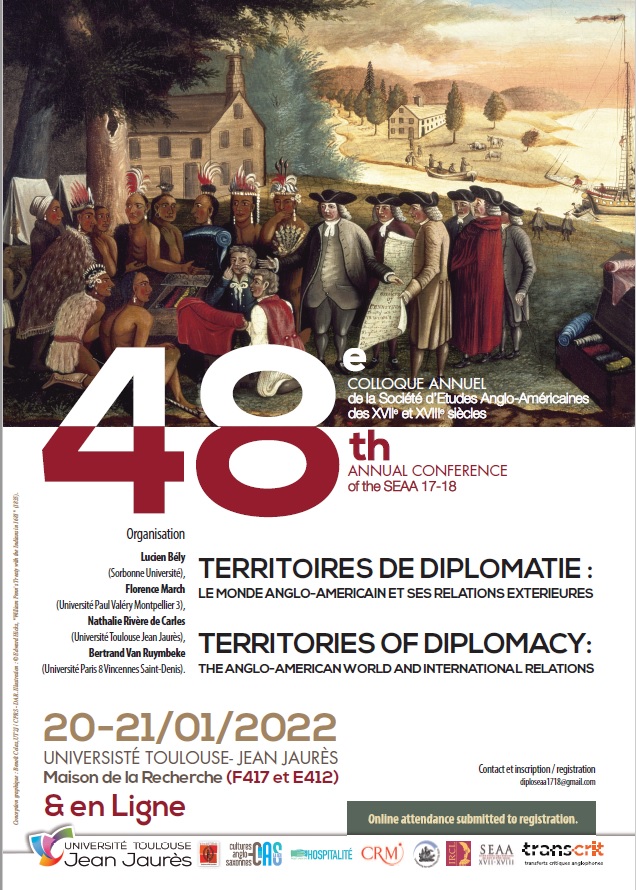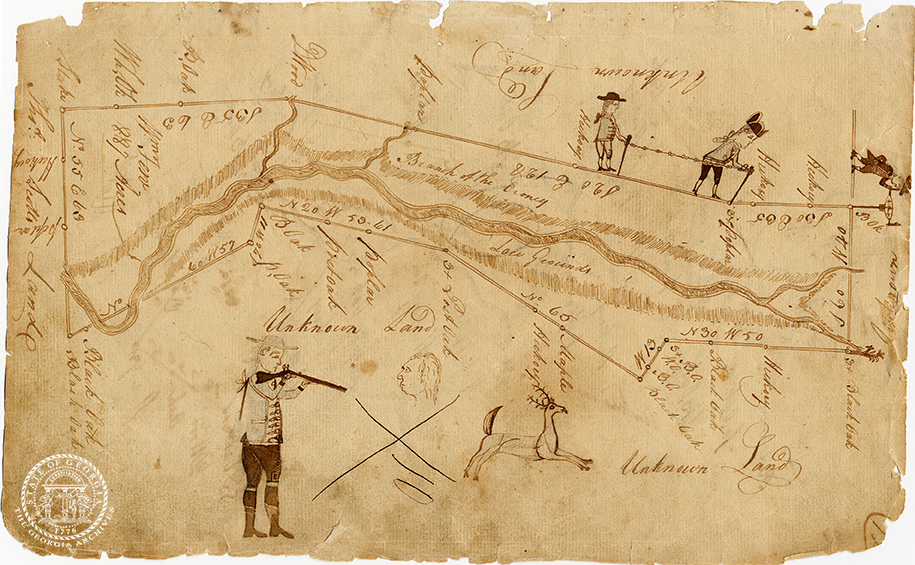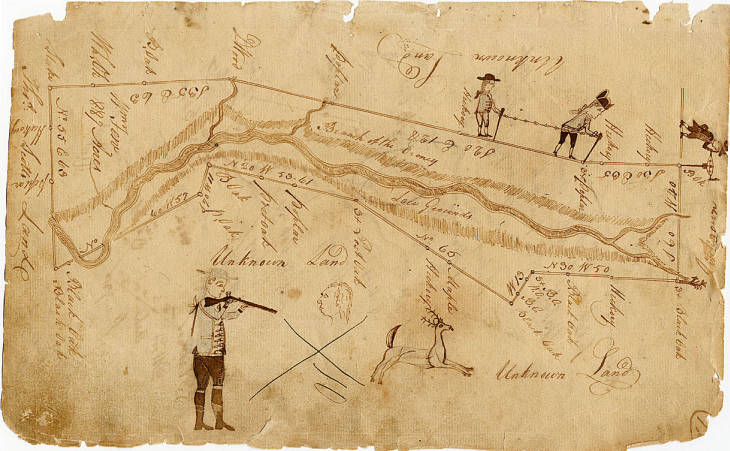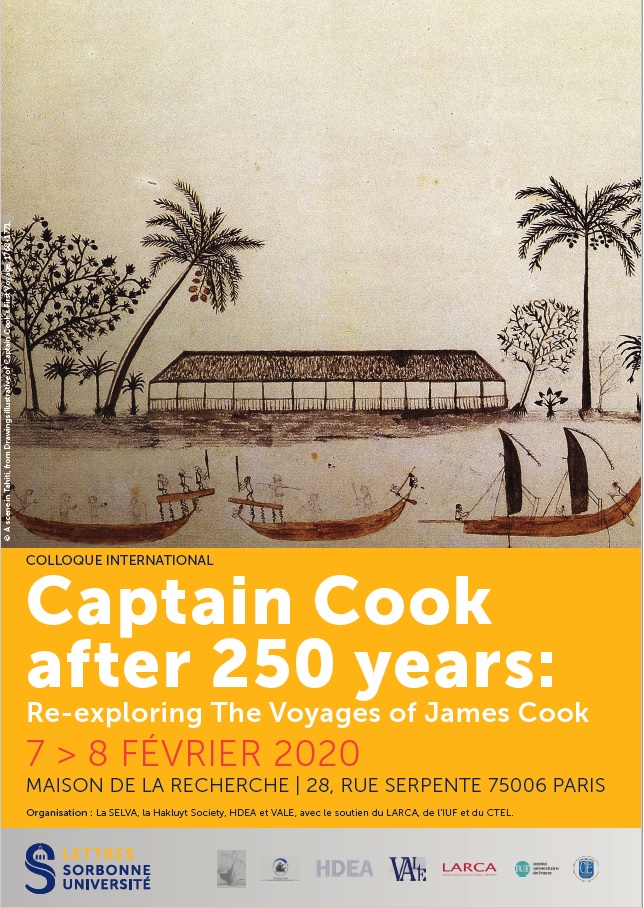
Le 29 avril prochain, une journée d’études en format hybride, coorganisée par l’IRCL et la MFO aura lieu.
L’affiche et le programme de la journée d’études sont disponible en version pdf ici.
9h15 Ouverture par Pascal Marty, directeur de la MFO,
Tristan Alonge, Christian Belin, Luc Borot et Florence March
Président de séance : Christian Belin
9h30-10h15 Andrew Hiscock (Bangor University, Pays de
Galles) : « “Tis to the Great Racine he owes his Play” : Charles
Johnson et le théâtre racinien au XVIIIe siècle »
10h15-11h00 Michael Hawcroft (Keble College, Oxford) :
« Bajazet de Racine et The Sultaness de Charles Johnson :
traduire les mots, traduire le mouvement »
11h00-11h15 Pause café
11h15-12h00 Tristan Alonge (Université de la Réunion /
MFO) : « L’Andromaque deux fois veuve de Crowne et Philips :
réécritures anglaises à la recherche du Racine perdu »
12h00-14h00 Déjeuner
Présidente de séance : Suzanne Jones
14h00-14h45 Luc Borot (IRCL, Université Paul-Valéry
Montpellier 3) : « Le Cid anglais de Joseph Rutter : les stratégies
extra-poétiques d’un traducteur courtisan »
14h45-15h30 Monica Pavesio (Università di Torino,
Italie) : « “Opere accomodate per la scena alla moda d’Italia”:
les toutes premières adaptations italiennes du théâtre tragique
français du XVIIe siècle »
15h30-15h45 Pause café
Présidente de séance : Marie-Noëlle Ciccia
15h45-16h30 Florence March (IRCL, Université Paul-
Valéry Montpellier 3) : « Du burlador au rake : parcours
européen de figures don-juanesques »
16h30-17h15 Jordi Bermejo Gregorio (Universat
International de Cataluna, Barcelona) : « “Comedies in
the French style” : the influence of French tragedy in the
development of Spanish theatre at the beginning of the 18th
century and in the theatrical polemic of the 18th century »
17h15-17h45 Synthèse et conclusions
18h30-19h30 Mélanges trans-Manche : Medical Scenes in
Molière and on the English Stage, spectacle des Edward’s Boys
mis en scène par Perry Mills
Comité scientifique
Tristan Alonge (MFO), Christian Belin (IRCL), Luc Borot (IRCL), Florence March (IRCL)
Lien de connexion à demander à ircl@univ-montp3.fr



